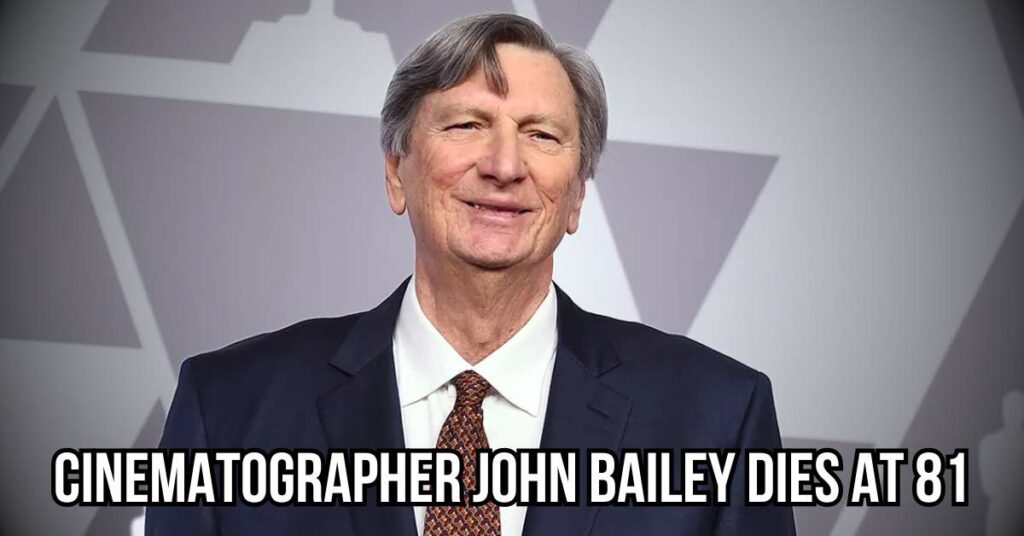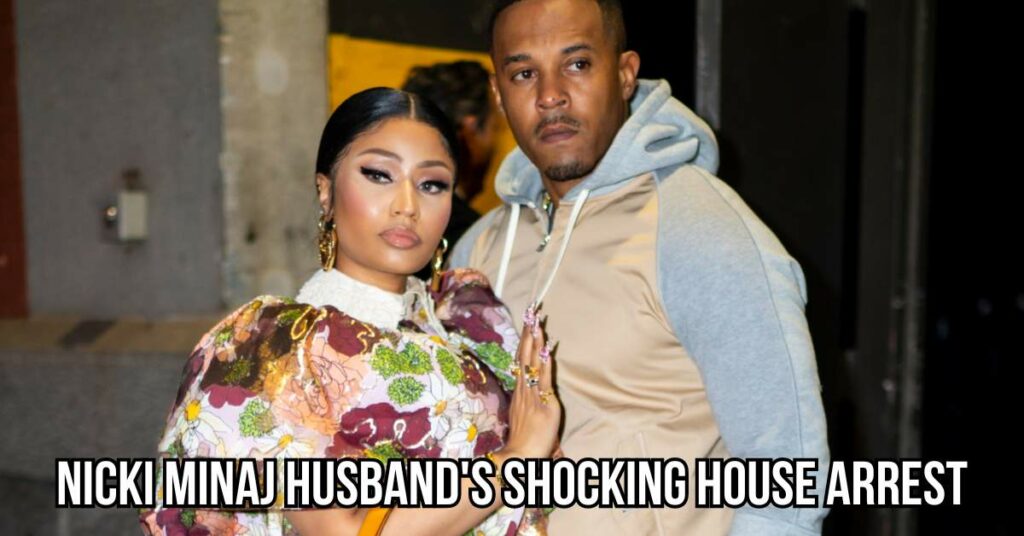Derek Chauvin’s second-degree murder conviction in the death of George Floyd was upheld by the Minnesota Court of Appeals on Monday, and his 22 1/2-year sentence is still in effect.
For a variety of reasons, including the extensive pre-trial publicity, Chauvin’s attorney had pleaded with the appeals court to overturn the ex-officer’s convictions.
He added that Chauvin wasn’t given a fair trial due to procedural and legal mistakes. However, the three-judge panel agreed with the prosecution’s claim that Chauvin received a fair trial and a suitable punishment.
On May 25, 2020, Floyd passed away after Chauvin, a white man, used his knee to hold the Black man’s neck still for 9 1/2 minutes.
Floyd’s waning sobs of “I can’t breathe” were captured on video by a passerby. Floyd’s passing sparked worldwide protests, some of which became violent, and compelled a national confrontation with racism and police violence.
Police officers obviously have a rigorous, dangerous, and occasionally stressful job. No one is above the law, though, according to the panel’s letter from Appeals Judge Peter Reyes.
“They must be held accountable for their crimes just like the people they properly detain. The law only authorizes police to make a valid arrest when using reasonable force. When Chauvin overreached and hit Floyd, he crossed the line.
Must Check:
- Airman Who Was Implicated In A Pentagon Intelligence Leak Regretted Joining
- Police In Kansas City Are Looking Into The Shooting Of A Black Teen Who Went To The Incorrect House To Pick Up His Younger Brothers
The prosecution team was put up by Minnesota Attorney General Keith Ellison, who said in a statement that he was “grateful we have a system where everyone, no matter how egregious their offense, is entitled to due process and fair treatment.”
“The Court’s decision today shows once again that no one is above the law—and no one is beneath it,” Ellison stated.
William Mohrman, Chauvin’s attorney, received emails and a voicemail. On appeal, he claimed that the trial court should have relocated the case owing to excessive pretrial publicity and unheard-of security measures because of fears of violence.
You can follow us on our Facebook page, if you liked our content.



